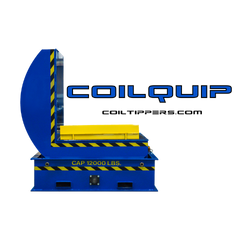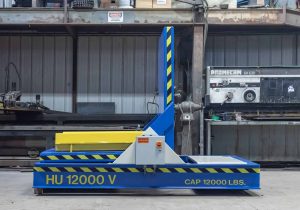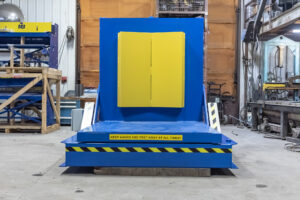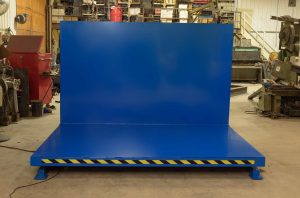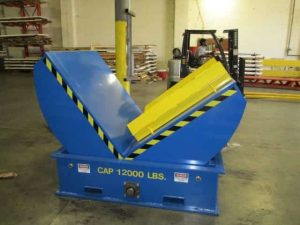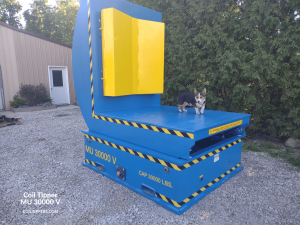Austin, TX – (June 23, 2023) –AutoScheduler.AI, an innovative Warehouse Management System (WMS) accelerator, has been named a 2023 Top 50 Logistics Tech Company by the American Journal of Transportation (AJOT). This is AutoScheduler’s second appearance on this prestigious list of innovative solutions that improve operations for shippers. AutoScheduler was selected because of its Make-n-Ship Optimization Platform that manages the movement of products directly from production to various deployment destinations, eliminating touches and reducing the need for storage space at the manufacturing site.
“We are pleased to be recognized as one of only four WMS-related offerings in this significant list, which also features freight management, risk management, and transportation management systems,” says Keith Moore, CEO of AutoScheduler.AI. “Our Make-n-Ship solution helps shippers optimize trailer usage and ties site orders to a dynamic production system, improving efficiencies from the production line to transport, which results in improved fulfillment times.”
According to the article in AJOT introducing the Top 50 Logistics Tech Companies, George Lauriat, Editor-in-Chief of AJOT, discusses how throughout “the technological history of the supply chain, tech existed in silos directed along highly specific avenues of problem-solving.” Now today, many providers add a layer of technology, including digital technology, to their offerings. Yet, digitization is far from being industry-wide but accelerating.
In a survey released by Magaya called “A State of Digitization: Freight Forwarding,” which is mentioned in the article, respondents noted:
-
Many organizations still rely heavily on inefficient manual processes – 24% of respondents have completely manual processes, including no ERP. -
Many practitioners created their own WMS and TMS systems, yet with the advent of SaaS business models, it has become easier for logistics companies and their clients to network in ways once unimaginable. -
Telematics has gained traction in the supply chain with things like containers, trucks, ships, and planes, along with individual items tagged with RFID, resulting in more coverage for shippers and carriers and providing visibility from end to end. -
More companies are adopting e-commerce and digital forwarding solutions. -
Routing systems and software are growing astoundingly, driven by the need to be more efficient and reduce costs. -
Truck drivers are becoming digital extensions of the information flow of the supply chain. -
AI and ML are altering how things are shipped and where the human fits into the process. -
The application of AI to shipping data can be as significant a change for the industry as the introduction of container shipping sixty years ago.
AutoScheduler’s Make-n-Ship handles the challenges that warehouse management systems have when handling production lines to the truck. Without the buffer of the warehouse storage, line-to-truck struggles to have a ready supply of trailers that match production. Make-n-Ship creates transportation requirements days in advance so that best-cost carriers can be scheduled. As production changes, Make-n-Ship reschedules transportation where possible to match production schedules. Using the latest data, such as trailer availability, the solution creates alerts for things such as a trailer shortage in two days. Make-n-Ship frees up ten percent more space capacity, reduces production planning by 33%, increases floor productivity by eight percent, increases container fill by two percent, and increases service levels by four percent.
About AutoScheduler.AI:
AutoScheduler.AI creates dynamic warehouse plans directly injected into the WMS to optimize activities based on constraints, ensuring sites run optimally at peak performance. Our intuitive AI and Machine Learning platform, developed with P&G and implemented at P&G, Unilever, General Mills, and others, streamlines operations by seamlessly integrating with existing WMS & ERP. We provide dynamic dock scheduling, labor level-loading, inventory balancing, proactive cross-docking, redundant workforce elimination, and more. Clients benefit from prescriptive analytics to drive efficiencies and create value in the supply chain.
